Today's Top Picks
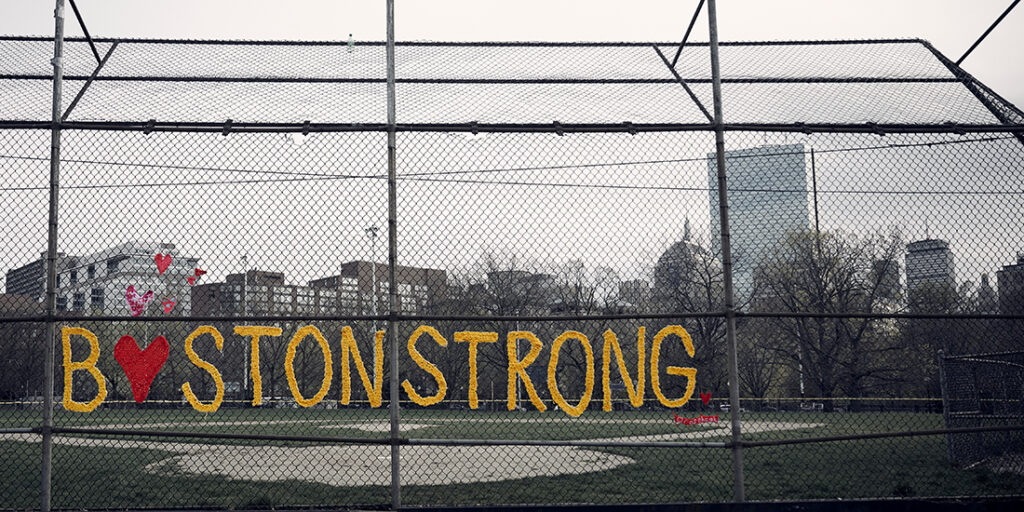
Mitigating Disasters Through Collective Resilience
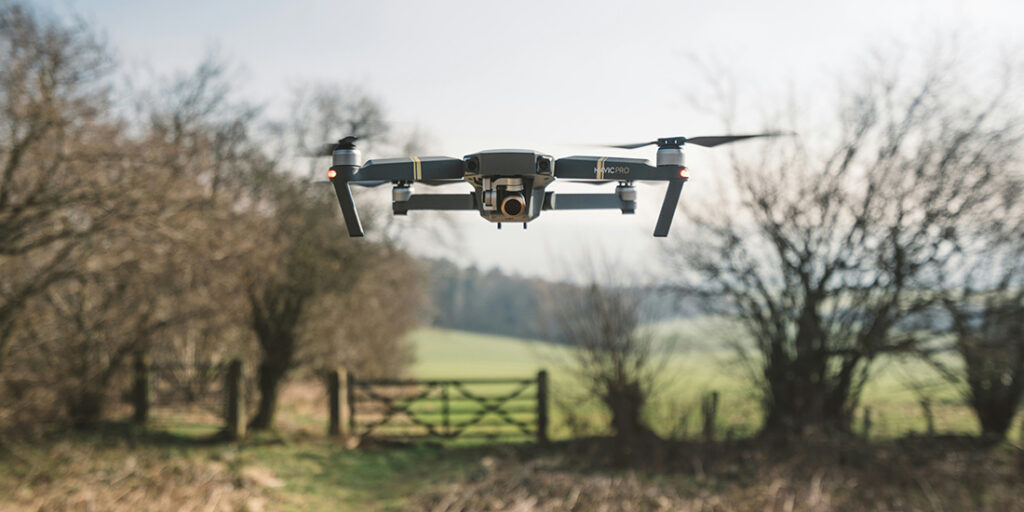
Drones: A Life-Saving Time-Saver
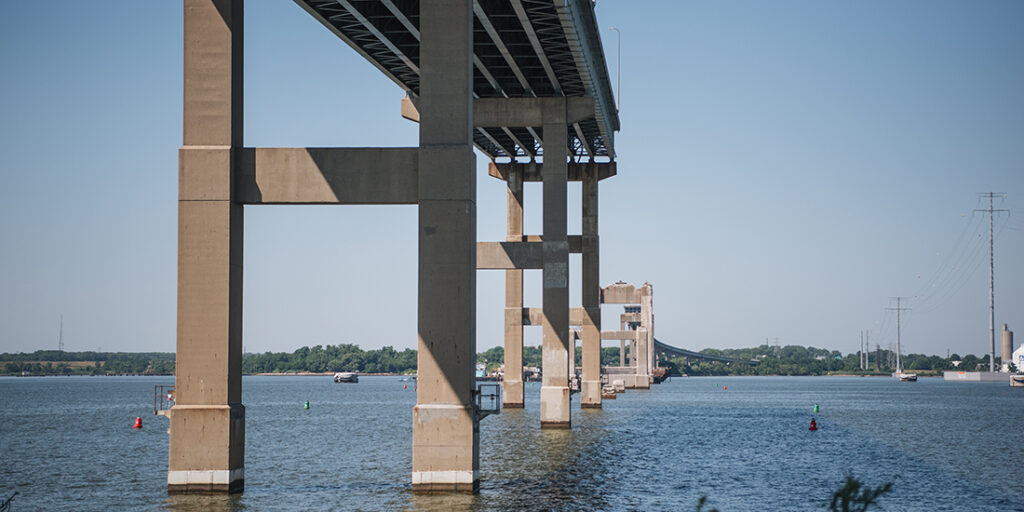
The Key Bridge Collapse – Through the Lens of Community Lifelines
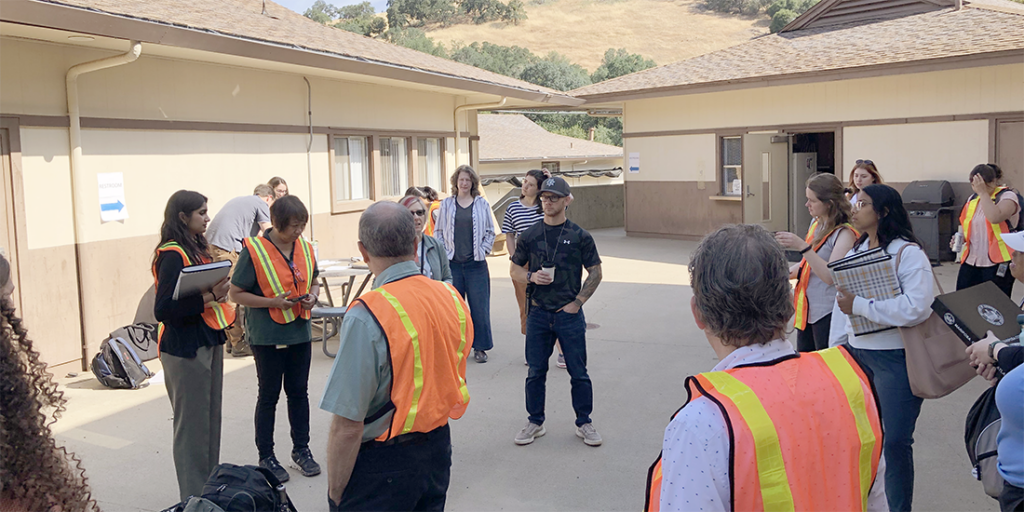
Five Key Domains of Incident Management
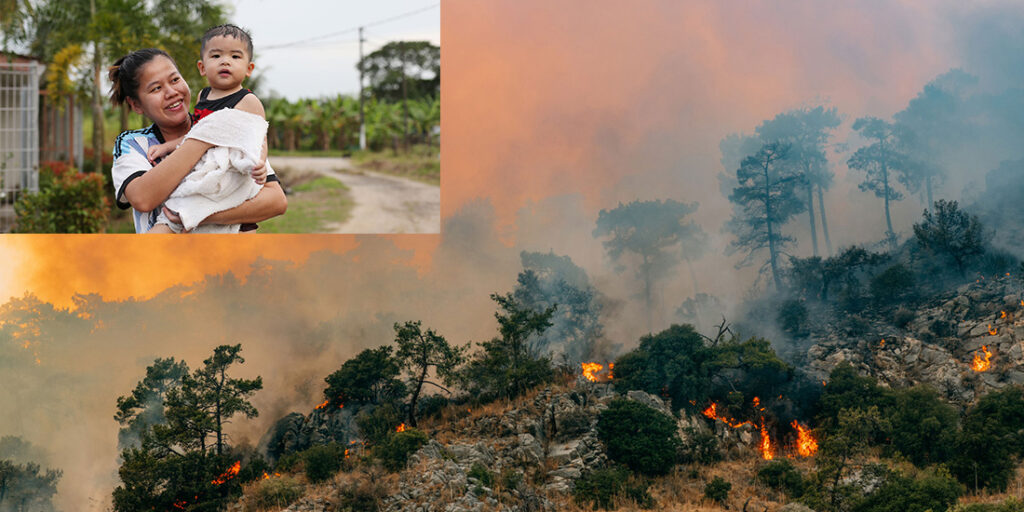
The Maui Wildfires, Relief Funds, and Incident Recovery
Trending
 Bridging Communication Gaps: Lessons from Hurricane Helene by Greg Hauser Hurricanes in 2024 caused widespread damage to infrastructure, leading to a critical but often overlooked issue: isolation. Physical and technological…
Bridging Communication Gaps: Lessons from Hurricane Helene by Greg Hauser Hurricanes in 2024 caused widespread damage to infrastructure, leading to a critical but often overlooked issue: isolation. Physical and technological… Agroterrorism: A Persistent but Overlooked Threat by Dan Scherr and Tanya M. Scherr Agroterrorism is not new. Considered a subset of bioterrorism, it has become an increasing concern to the U.S. With so…
Agroterrorism: A Persistent but Overlooked Threat by Dan Scherr and Tanya M. Scherr Agroterrorism is not new. Considered a subset of bioterrorism, it has become an increasing concern to the U.S. With so… A Systems Thinking Approach to Improving Emergency… by William Chapman “PACE” planning helps organizations fail gracefully, but systems thinking reduces the likelihood of failure altogether. Combining both approaches helps organizations…
A Systems Thinking Approach to Improving Emergency… by William Chapman “PACE” planning helps organizations fail gracefully, but systems thinking reduces the likelihood of failure altogether. Combining both approaches helps organizations… Disaster Stress Management in an Emergency Operations Center by Mary Schoenfeldt Disasters affect responders and community members, but they also bring trauma to those working inside emergency operations centers. Distance from…
Disaster Stress Management in an Emergency Operations Center by Mary Schoenfeldt Disasters affect responders and community members, but they also bring trauma to those working inside emergency operations centers. Distance from…Trending
 A Systems Thinking Approach to Improving Emergency… by William Chapman “PACE” planning helps organizations fail gracefully, but systems thinking reduces the likelihood of failure altogether. Combining both approaches helps organizations…
A Systems Thinking Approach to Improving Emergency… by William Chapman “PACE” planning helps organizations fail gracefully, but systems thinking reduces the likelihood of failure altogether. Combining both approaches helps organizations… Disaster Stress Management in an Emergency Operations Center by Mary Schoenfeldt Disasters affect responders and community members, but they also bring trauma to those working inside emergency operations centers. Distance from…
Disaster Stress Management in an Emergency Operations Center by Mary Schoenfeldt Disasters affect responders and community members, but they also bring trauma to those working inside emergency operations centers. Distance from… Bridging Communication Gaps: Lessons from Hurricane Helene by Greg Hauser Hurricanes in 2024 caused widespread damage to infrastructure, leading to a critical but often overlooked issue: isolation. Physical and technological…
Bridging Communication Gaps: Lessons from Hurricane Helene by Greg Hauser Hurricanes in 2024 caused widespread damage to infrastructure, leading to a critical but often overlooked issue: isolation. Physical and technological… Agroterrorism: A Persistent but Overlooked Threat by Dan Scherr and Tanya M. Scherr Agroterrorism is not new. Considered a subset of bioterrorism, it has become an increasing concern to the U.S. With so…
Agroterrorism: A Persistent but Overlooked Threat by Dan Scherr and Tanya M. Scherr Agroterrorism is not new. Considered a subset of bioterrorism, it has become an increasing concern to the U.S. With so…Trending
Domestic Preparedness Journal
Featured in this issue: Editor’s Note: Hazards That Can Affect the Mind, Body, and Outcome, by Catherine L. Feinman; A Holistic Strategy for Responders’ Well-Being, by Camilo Olivieri; Disaster Stress Management in an Emergency Operations Center, by Mary Schoenfeldt; Physical and Mental Injuries in First Responders: Why Wait?, by Pascal Rodier; Not Lost in Translation: A Multilingual Corps Approach, by Diana Sanchez-Vega; Meeting the Psychosocial Needs of Child Survivors, by Emily Heard; Psychosocial Hazards: Preventing Human-Caused Disasters, by I. David Daniels; Caring for the Affected at Family Assistance Centers, by Jennifer Stansberry Miller; How I Became an Accidental Disaster Mental Health Specialist, by Adrienne J. Heinz; Podcast – Seasonal Forecasts & Their Limitations With Dr. Philip Klotzbach
Articles Out Loud

Article Out Loud – Managing Animal Loss: Emergency Carcass Operations


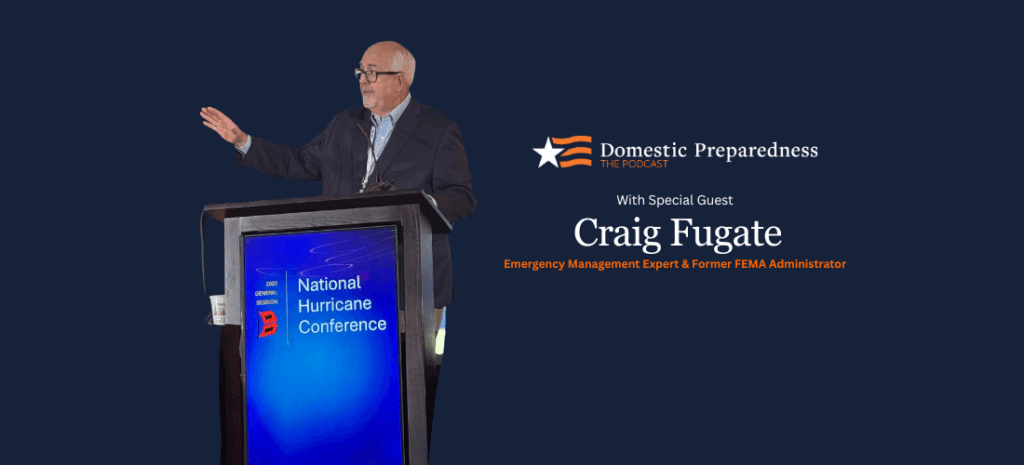




It Takes a Community to Stop Drug and Human Trafficking